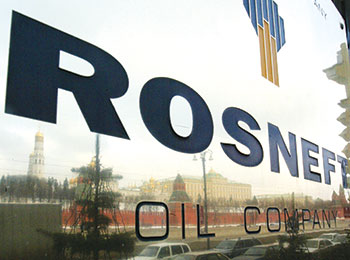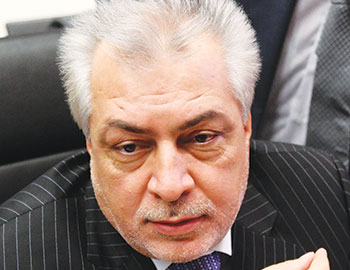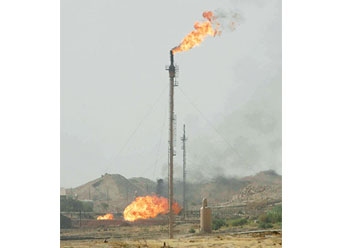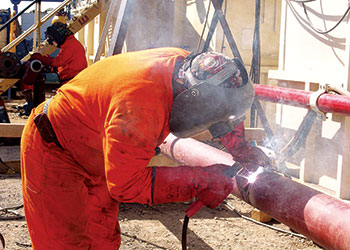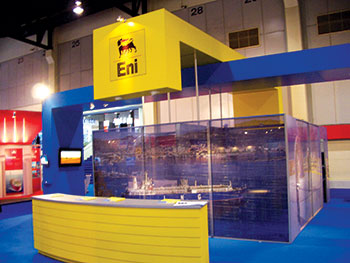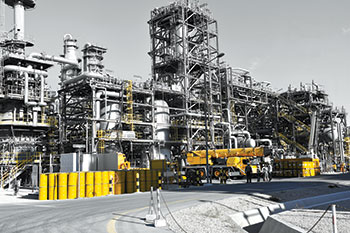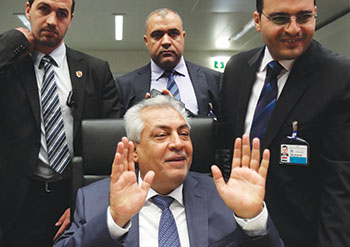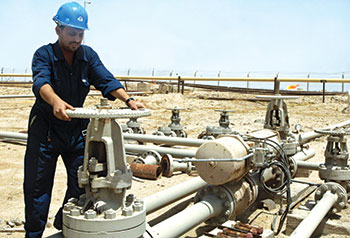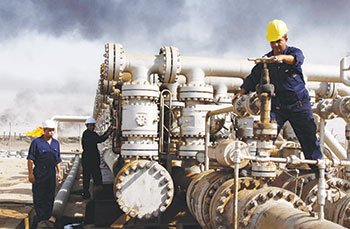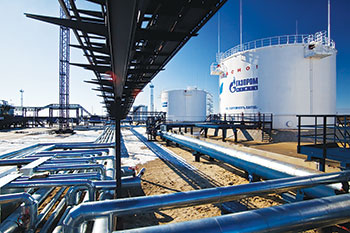
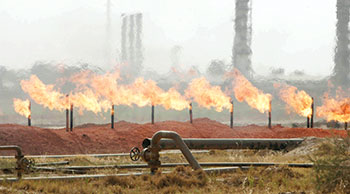 Bai Hassan is currently pumping 35,000 bpd
Bai Hassan is currently pumping 35,000 bpd
Bai Hassan is currently pumping 35,000 bpd while the Avana Dome is producing 40,000 bpd, sources say. Combined with a handful of other fields, the state-run North Oil Company has increased production to as much as 230,000 bpd
Iraq has restarted the Bai Hassan oil field and increased output at two other fields in the northern oil-rich Kirkuk area, according to various industry sources, with the additional volumes being consumed locally.
Bai Hassan, along with the Avana Dome of the giant Kirkuk oil field, was retaken by the federal government last October, with only limited output since. The semi-autonomous Kurdistan Regional Government had operated it at a combined 280,000 bpd since mid-2014, with Kurdish forces filling a security gap as the so-called Islamic State group overran parts of the country.
Bai Hassan is currently pumping 35,000 bpd while the Avana Dome is producing 40,000 bpd, sources says. Combined with a handful of other fields, the state-run North Oil Company has increased production to as much as 230,000 bpd from around 160,000 bpd over the past year, according to three senior North Oil Company officials.
That’s about half its current operational capacity, which is shut in due to lack of domestic refining and export outlets.
Crude from the area is all being consumed domestically. Between 20,000 bpd and 40,000 bpd is being sent to either the Baiji or Siniya refineries and potentially south to Baghdad, in a newly refurbished collection of pipelines. Oil officials gave conflicting accounts of the pipeline operability.
The rest is being sent to three refineries in Kurdistan, a refinery in Kirkuk, and trucked to power plants in Baghdad, two senior NOC officials says.
Iraq has a contract with BP to study the reservoirs of the Kirkuk area fields, with an eye toward a long-term development contract that could quadruple output. The country is targeting 8 mbpd of production capacity by 2025, Iraq’s deputy minister for upstream Karim Hattab and Basra Oil Company Director General Ihsan Ismaael told a conference in Houston.
Separately, Iraq’s oil minister says that a crude swap deal with Iran designed as an outlet for stranded Kirkuk crude will not be affected by the latest US sanctions on Iran.
A political dispute with semi-autonomous Kurdistan region has prevented exports of some Kirkuk crude through the region’s own pipeline to Turkey, and the federal pipeline to Turkey was destroyed by the self-styled Islamic State militant group in early 2014.
Speaking to the reporters ahead of the Opec meeting in Vienna, Jabbar Al Luaibi says Iraq’s oil agreement with its fellow Opec member was not a crude swap agreement but instead a way of Iraq settling some of the debt it owes its neighbor for gas and power deliveries.
Luaibi says US sanctions on Iran "will not" affect the deal as there the relations are in "good harmony." "There are a lot of links between the two countries whether it be trade or other issues," he says.
International buyers of Iranian oil have until November 4 to wind down contracts before the US reimposes sanctions on the oil, energy, shipping and insurance sectors.
The minister acknowledged that small quantities of Iraqi Kirkuk crude had been sent earlier this month to Iran’s Kermanshah refinery but did not confirm it would receive oil from Iran.
"We have just started really sending small quantities for their refineries, not on a swap basis but there is a debt on Iraq from Iran and this can be discounted on the debt," he says.
"It’s not a swap, it is a debt. Iran supplied Iraq with power, gas, and so on and so there is accumulated debt for Iran on Iraq and so we’re supplying now small quantities of oil to their Kermanshah refinery," he adds.










































































